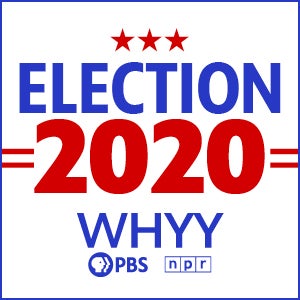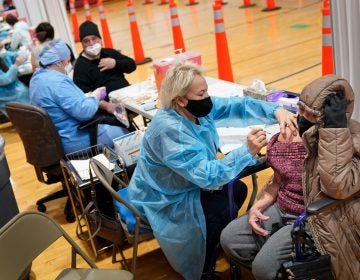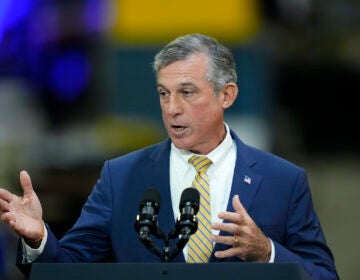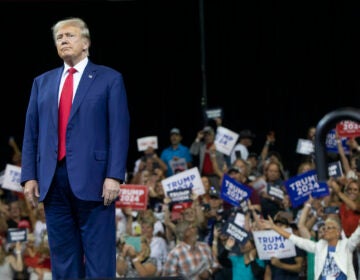Pennsylvania lawmakers vote to delay primary election
Pennsylvania lawmakers voted Wednesday to delay the state's primary election by five weeks to June 2, potentially past the spike of the state's spreading coronavirus cases.
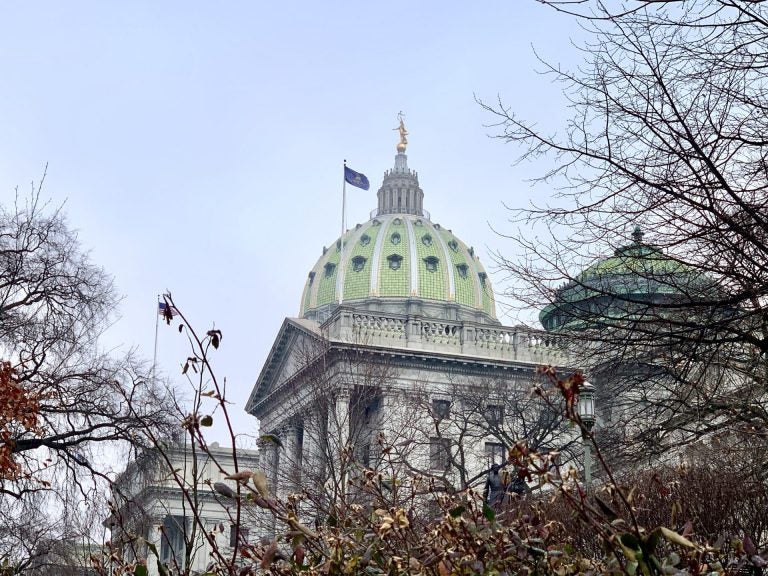
The Capitol in Harrisburg, Pa., on Wednesday, Jan. 15, 2020. (Russ Walker/PA Post)
Pennsylvania lawmakers voted Wednesday to delay the state’s primary election by five weeks to June 2, potentially past the spike of the state’s spreading coronavirus cases.
The measure passed both chambers of the Republican-controlled state Legislature on Wednesday and Gov. Tom Wolf, a Democrat, said he will sign it.
As a result, Pennsylvania will join more than 10 states in delaying primaries.
It comes just a few months after Wolf and lawmakers approved legislation giving every voter the ability to mail in a ballot.
Under the bill, Pennsylvania would hold its primary election June 2, instead of April 28, when the state could be in the thick of a surge of COVID-19 cases.
Wolf’s administration has steadfastly refused to publicly discuss projections for when it believes the surge of cases will peak, however. But training and recruiting poll workers during that time could prove impossible, lawmakers say.
In addition to delaying the primary date, the legislation would give county election offices a head start on processing and tabulating mail-in ballots, newly allowed under a five-month-old election law.
Letting election workers start at 7 a.m. on election days, instead of after polls close, is designed to help them avoid a massive backup that county officials have warned could extend vote counting in the presidential race for days afterward.
It also would require that challenges to those ballots be filed by the Friday before election days to lighten the post-election load of processing and counting mail-in and absentee ballots.
Separately, the legislation would let counties consolidate polling places, in part because some are currently located within nursing homes that could be susceptible to outbreaks of the coronavirus. Many poll workers are older people who are particularly at risk, lawmakers say.
Primary voters will pick candidates in contested races for president, Congress and the Legislature.
WHYY is your source for fact-based, in-depth journalism and information. As a nonprofit organization, we rely on financial support from readers like you. Please give today.


![CoronavirusPandemic_1024x512[1]](https://whyy.org/wp-content/uploads/2020/03/CoronavirusPandemic_1024x5121-300x150.jpg)
